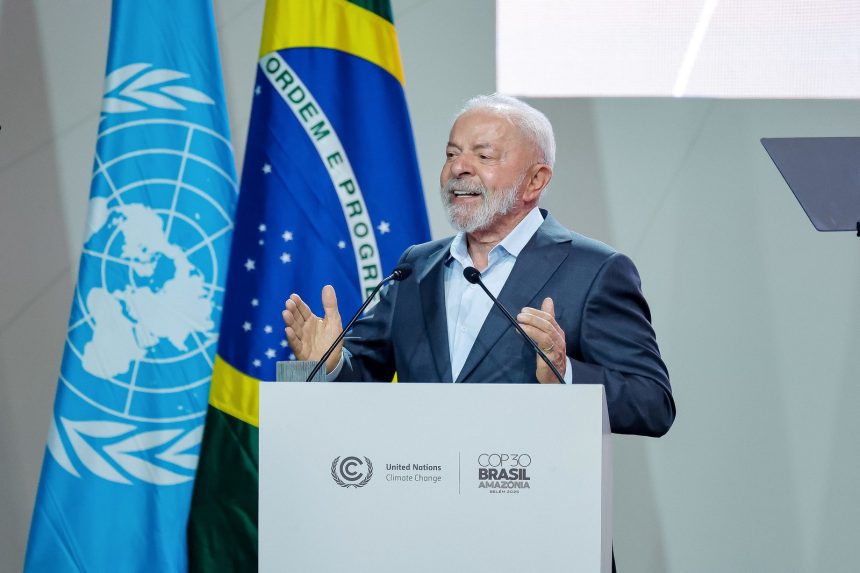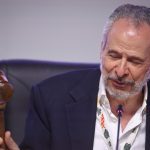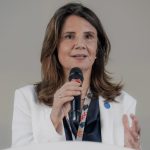The 30th Conference of the Parties to the United Nations Framework Convention on Climate Change (COP30) officially began on Monday, November 10, in Belém, in the state of Pará, in the heart of the Amazon. For the first time, the world’s main climate conference is taking place in a region that embodies both the planet’s urgency and its hope. Over the course of two weeks, leaders and negotiators from around the world will discuss ways to turn commitments into action and strengthen global alliances for the climate.
At the opening ceremony, Brazil’s President Luiz Inácio Lula da Silva stated that bringing COP30 to Belém was “a political and symbolic decision,” aimed at showing that the Amazon is an essential part of the climate solution, not merely a topic for debate.
“The most diverse biome on Earth is home to nearly fifty million people, including four hundred Indigenous peoples. The Amazon is not an abstraction — it is home, it is economy, it is culture, it is life. Bringing the COP to the heart of the Amazon was an arduous task, but a necessary one. When you leave Belém, the delegates will take with them the commitment to act, while the people of the city will remain with the investments this conference has brought. The world will finally be able to say that it truly knows the reality of the Amazon.”
The President also outlined three pillars of action that should guide the COP30 negotiations: fulfilling the climate commitments already undertaken, strengthening global governance, and placing people at the center of climate-related decisions.
Among the proposals, President Lula advocated the creation of a Global Climate Council linked to the United Nations General Assembly to ensure greater coordination and political accountability among countries. “We need institutions that are up to the scale of the crisis we are facing,” he affirmed.
COP of implementation
In projecting the role of COP30 on the global stage, President Lula reaffirmed his goal for it to be the COP of Truth — a space to confront misinformation and uphold science — and also the COP of Implementation, marked by the transformation of commitments into concrete action. He reiterated that, despite the progress achieved since the Paris Agreement, the global pace remains insufficient to contain planetary warming. “We are moving in the right direction, but at the wrong speed.”
“Climate change is no longer a threat of the future; it is a tragedy of the present,” President Lula said, recalling the recent floods in southern Brazil and Hurricane Melissa in the Caribbean. “We live in an era in which obscurantists reject scientific evidence and attack institutions. It is time to deliver yet another defeat to denialism.”
In the same vein, COP30 President Ambassador André Corrêa do Lago emphasized during the ceremony that the conference marks a historic transition: the decade of Paris Agreement implementation.
“This COP must be remembered as the COP of Action — a conference that turns commitments into results. It is time to integrate climate, economy, and development, creating jobs, reducing inequalities, and strengthening trust among nations.”
Corrêa do Lago also highlighted the collective effort that made it possible to host the conference in the Amazon, expressing gratitude to the technical teams and the Brazilian government for their dedication. “The world sees in Brazil an example of unity and purpose. COP30 is the result of a mutirão — a Brazilian word the world has learned, which symbolizes the essence of this conference: working together.”
Read the full text of Ambassador André Corrêa do Lago’s speech here.
Simon Stiell, Executive Secretary of the United Nations Framework Convention on Climate Change (UNFCCC), emphasized the central role of COP30 as a turning point in the global climate process.
“We are at the mouth of the world’s largest river, and what it teaches us is that great results come from the convergence of many flows. COP must function in the same way — driven by cooperation and courage,” Stiell said. He added: “The economics of the transition are undeniable. Renewables have already surpassed coal as the world’s main energy source. Now it is time to turn ambition into concrete action. This is how we show the world that multilateralism still delivers results.”
From COP29 to COP30: the era of delivery
The President of COP29, Mukhtar Babayev, symbolically handed over the leadership of the global climate process to the Brazilian presidency, emphasizing that the world is entering “a new era of implementation.”
“COP30 inaugurates the first full delivery cycle of the Paris Agreement. From now on, there is no room for promises without action. This is the decade of execution, solidarity, and credibility,” he said.
Babayev recalled that the previous conference, held in Baku, consolidated a historic financial agreement and emphasized that the Belém COP must deepen the commitments made, “with a focus on tangible and fair results, especially for developing countries.”







